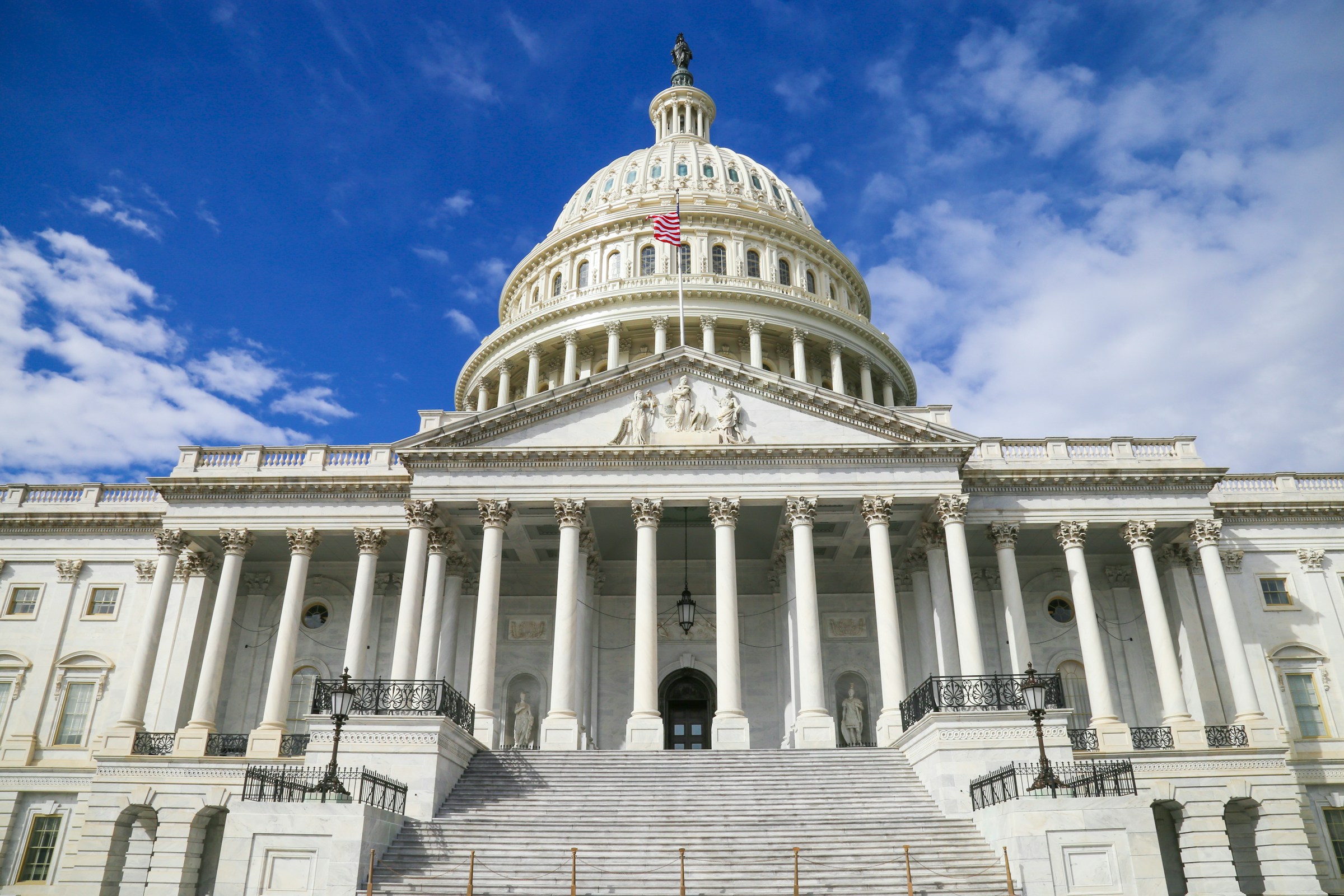
By Pablo Carmona, Beta AI
On September 2 2025 the U S General Services Administration and Microsoft announced a major agreement to provide Microsoft 365 Copilot free to millions of federal employees for up to 12 months. The offer is part of the GSA OneGov procurement program and includes discounts on Azure and Dynamics 365 along with training and implementation support. The GSA projects roughly 3.1 billion dollars in first year savings if agencies realize expected productivity gains.
This deployment represents one of the largest enterprise AI rollouts to date and is a critical test of AI adoption strategies 2025 in highly regulated environments. Agencies already using the high security G5 license are the primary targets which means the deal is built to meet government safety and compliance requirements. If Copilot improves document creation email management and data analysis it could free civil servants to focus on higher value work while demonstrating AI for workplace productivity at scale.
Despite potential gains there are clear risks. Microsoft has faced security incidents that make some experts cautious about centralizing sensitive workloads with a single vendor. Concentrating so much government infrastructure with one provider can create vendor lock in which complicates future procurement and limits bargaining power once the free period ends. Agencies must plan for year two costs and evaluate strategies for avoiding cloud vendor lock in such as multi cloud and open standards approaches.
Security questions include how Copilot handles sensitive data what protections exist for classified workflows and how zero trust principles are applied. Agencies should require strong audits logging and transparent data protection controls as part of adoption strategies.
How can government organizations securely adopt AI cloud services in 2025?
Follow a phased adoption roadmap that begins with non sensitive workloads require G5 or equivalent security controls implement zero trust architecture and insist on third party security audits and clear data protection guarantees.
What are the risks of vendor lock in with Microsoft Copilot for enterprise productivity?
Risks include reduced negotiating leverage higher migration costs and operational dependency. Mitigate by designing interoperability plans using open standards and multi cloud strategies and by negotiating favorable transition terms in procurement contracts.
Will this save taxpayers money?
The GSA projects 3.1 billion dollars in first year savings but actual savings depend on adoption effectiveness training quality and long term contract decisions. Agencies should track metrics and publish transparent results.
The Microsoft Copilot free access program is a major move in government technology. It could accelerate AI adoption and demonstrate AI powered productivity at scale but it must be matched with rigorous security oversight clear budgeting plans and vendor diversification strategies. Over the next 12 months agencies will gather the evidence the public and policymakers need to judge whether this was an efficiency success or an expensive experiment.
For questions about AI adoption strategies 2025 or cloud security risks 2025 contact Beta AI.



